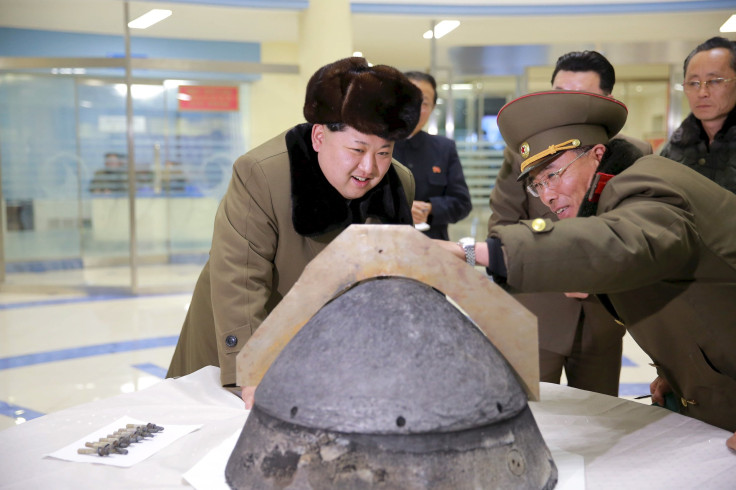North Korea Likely To Test Underground Nuclear Warhead, Preparing For Fifth Nuclear Test, South Korea Says

UPDATE: 5:27 a.m. EDT — The United States will respond strongly to North Korea’s possible nuclear test, U.S. Deputy Secretary of State Antony Blinken said Monday. His comments came after South Korean media reported earlier in the day that the reclusive nation is likely to conduct its fifth nuclear test and a nuclear warhead test.
“There will be additional strong response in case of another [North Korean] nuclear test,” Blinken said. He also said that such actions by the Kim Jong Un-led regime were “unacceptable.” Blinken said that Washington would consider “a number of possibilities,” but added it was “premature” to be specific.
Original story:
South Korean President Park Geun-hye said Monday that there were indications that North Korea was preparing for a fifth nuclear test. The reclusive nation is also likely to conduct an underground nuclear warhead test, Yonhap News Agency reported citing South Korean defense ministry.
“We are in a situation, in which we don't know whether North Korea could stage provocation as a move to overcome its isolation and to consolidate its internal unity,” Park said, according to Yonhap, adding that "preparations for a fifth nuclear test have been detected."
While Park did not elaborate on the signs that showed North Korea’s possible nuclear test, she ordered the military to gear up for its neighbor’s provocation.
Park also threatened North Korea with tougher sanctions and isolation over another potential provocation from the country.
Meanwhile, the Kim Jong Un-led regime could also test the nuclear warhead with or without a missile-capable nuclear device, South Korean defense ministry spokesman Moon Sang-gyun said earlier in the day. He added that Seoul is closely watching Pyongyang’s likely move, the news agency reported.
Concerns have been mounting over possibilities that the North is continuing additional provocation like nuclear tests. South Korea’s rival state is also preparing to hold its first congress of the ruling Workers' Party in early May, after over three decades. Pyongyang has also claimed to have secured intercontinental ballistic missile technologies like reentry and engine technologies, despite stern sanctions from the United Nations Security Council.
On Saturday, the North’s state-run Korean Central News Agency said, in a commentary, that its nuclear weapons development is an “inevitable self-defensive option” in response to the nuclear threats by the United States. KCNA added that Pyongyang’s nuclear buildup is “just and realistic way” to ensure peace in the Korean Peninsula.
North Korea, which conducted its fourth nuclear test in January and a rocket launch in February, has also threatened to attack the U.S. and South Korea over their joint annual military exercises. Although Washington and Seoul maintained that the drills are for defense purposes, Pyongyang has called the joint exercises a possible cover for a U.S.-led invasion.
© Copyright IBTimes 2024. All rights reserved.






















